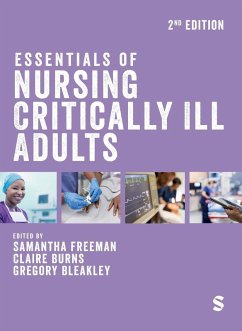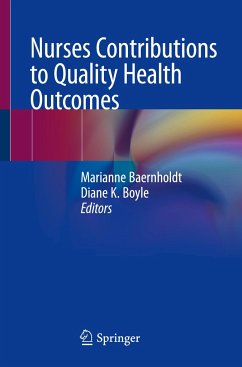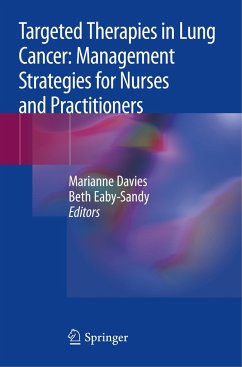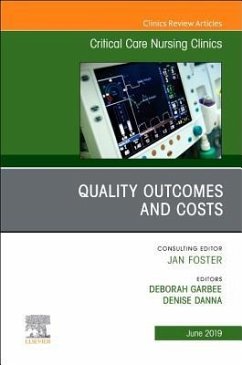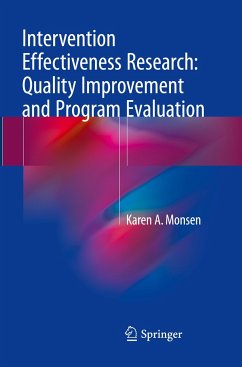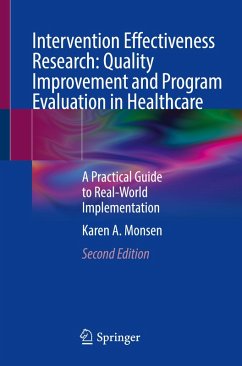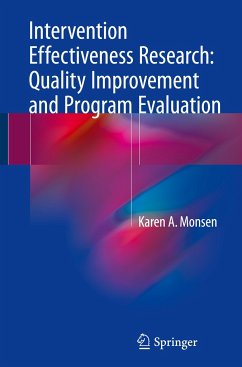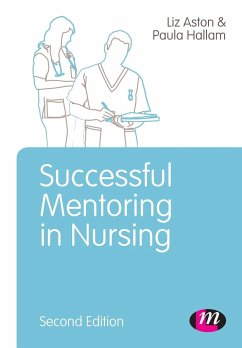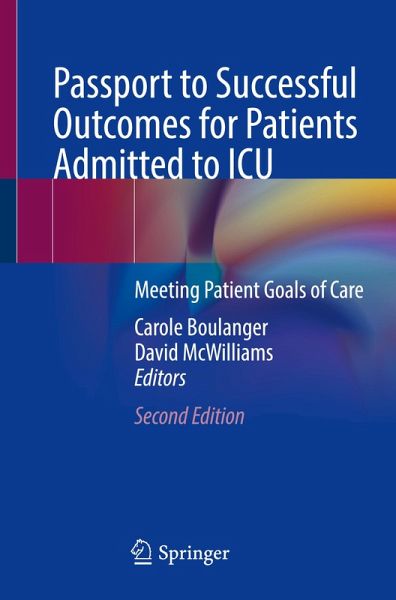
Passport to Successful Outcomes for Patients Admitted to ICU
Meeting Patient Goals of Care
Herausgegeben: Boulanger, Carole; McWilliams, David

PAYBACK Punkte
29 °P sammeln!
The second edition builds upon the previous content, exploring new and emerging evidence to enhance the structure and content of rehabilitation provided. It considers the additional impact of COVID-19 throughout each chapter. In addition, sadly not every patient survives their critical illness but good, multidisciplinary and holistic care is just as essential for these patients. The editors have added a chapter on end-of-life care, focusing on the importance of personalised care and family involvement and on PICS. Since 2020, healthcare professionals have faced unprecedented challenges caused ...
The second edition builds upon the previous content, exploring new and emerging evidence to enhance the structure and content of rehabilitation provided. It considers the additional impact of COVID-19 throughout each chapter. In addition, sadly not every patient survives their critical illness but good, multidisciplinary and holistic care is just as essential for these patients. The editors have added a chapter on end-of-life care, focusing on the importance of personalised care and family involvement and on PICS. Since 2020, healthcare professionals have faced unprecedented challenges caused by the COVID-19 pandemic. High levels of illness severity, along with stretched critical care capacity and workforces, meant rapid development of new patient pathways were required. This has deepened our understanding of the physical, psychological and cognitive impact of critical illness, as well as the need for services to deliver multi-professional, holistic programmes of rehabilitation to maximise outcomes.
An admission to ICU with a critical illness has a well-recognised physical, psychological and social impact all on the individual and their loved ones. Successful discharge from ICU requires significant attention to detail on all aspects of care concurrently to ensure a return to the best quality of life achievable. The new edition explores key areas to consider and ensure rehabilitation is delivered in a holistic way.
The chapters are written by a range of multidisciplinary ICU team members, providing expert guidance and an evidence-based approach to improve outcomes and return patients to their families.
An admission to ICU with a critical illness has a well-recognised physical, psychological and social impact all on the individual and their loved ones. Successful discharge from ICU requires significant attention to detail on all aspects of care concurrently to ensure a return to the best quality of life achievable. The new edition explores key areas to consider and ensure rehabilitation is delivered in a holistic way.
The chapters are written by a range of multidisciplinary ICU team members, providing expert guidance and an evidence-based approach to improve outcomes and return patients to their families.



